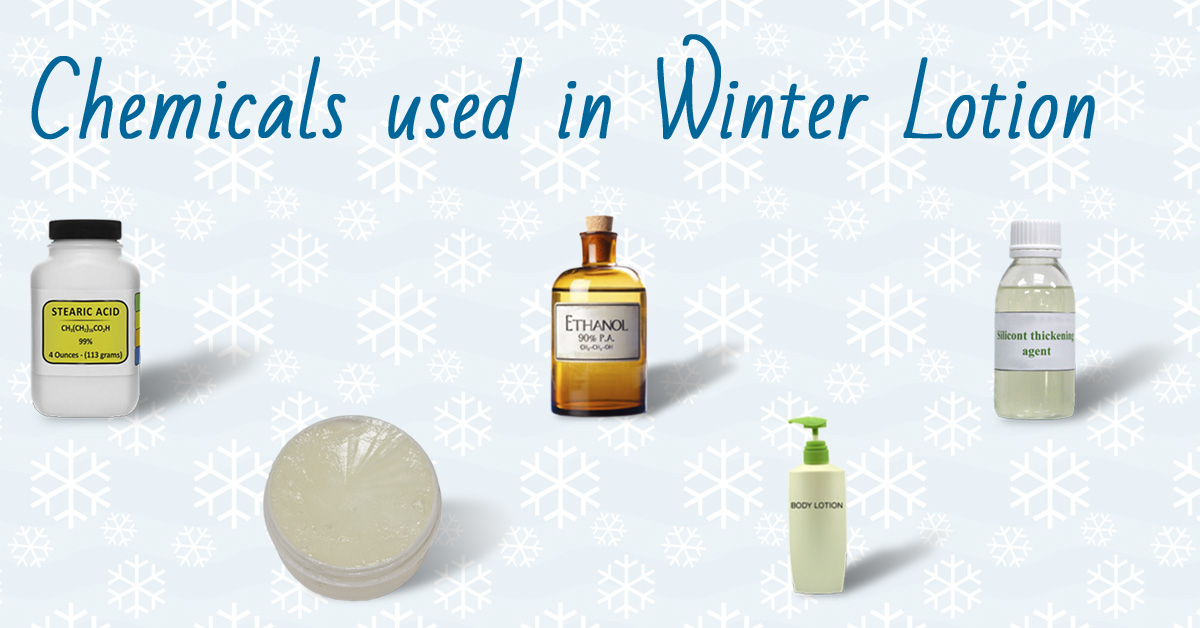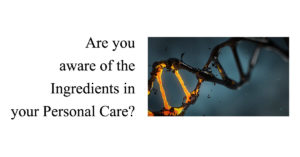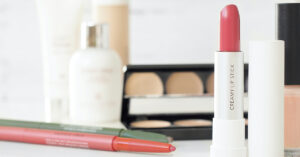
The season winter has its own charm. The snowfall, shorter days, frost, fog and festivity make us feel joyous & romantic at the same time. But we shouldn’t forget how this frigid weather can make our delicate skin cracked, dry, painful & itchy. So to stay fresh & healthy in winter some basic tips are essential to follow – keeping moisture in the air, drinking plenty of water, protecting the skin, not exfoliating the skin a lot etc. Regular skin care also needs an alteration.
Moisturizing the skin is must; however, in winter the effort seems fruitless. The cold & dry weather just strips away the essential oils of the skin. Only an effective winter lotion can keep your skin dewy & hydrated. Which is the best winter lotion to moisturise your skin? There are many in the market. However, the diligence on personal care applies here too. Do you know all the ingredients?
- Petrolatum: One cheap & widely used petrochemical derived from crude oil. This is found in commonly available winter moisturizers & lotions in the market. It forms a tight waterproof barrier when applied to the skin & helps retain moisture. It is notorious for causing various adverse impacts on human health.
- Stearic Acid: Used as a thickening & stabilizing agent. It contributes richness to the texture of the final product. Can cause skin irritations like itching, redness, rashes, red spots, swelling & make the skin sensitive to direct sun exposure. This can cause harm to body immune system too.
- Methyl & Propyl Paraben: Parabens are often used as preservatives to give the lotion a longer shelf life & to stop the growth of harmful bacteria. Some researches indicate that parabens are linked to increased risk of breast cancer and reproductive toxicity.
- Isopropyl Palmitate: Used as a thickening agent & acts as a lubricant in the lotion. This chemical gives an ultra soft & smooth appearance to the skin. It can cause acne, blackheads, whiteheads & clogged pores. If overused, skin may experience some irritation too.
- Dimethicone: Works as a protectant & conditioner for the skin. It prevents water loss by forming a barrier over the skin. This causes an artificial coating on the skin, stopping the skin to do its natural activities & can produce skin irritation.
- Phenoxyethanol: It’s an oily, slightly sticky liquid used as a preservative & stabiliser with a faint rose-like scent. Researches indicate that it can cause skin allergies, irritation, rashes and hives among adults and harm central nervous system among babies.
- Triethanolamine: Helps to form emulsions so that water-soluble and oil-soluble ingredients can be blended together. This chemical can produce mild skin irritations & allergic contact dermatitis.
- Butylphenyl Methylpropional: Functions as a fragrance ingredient due to its strong floral scent. Some researches indicate that it can pose a risk of skin sensitization, redness & rashes.





